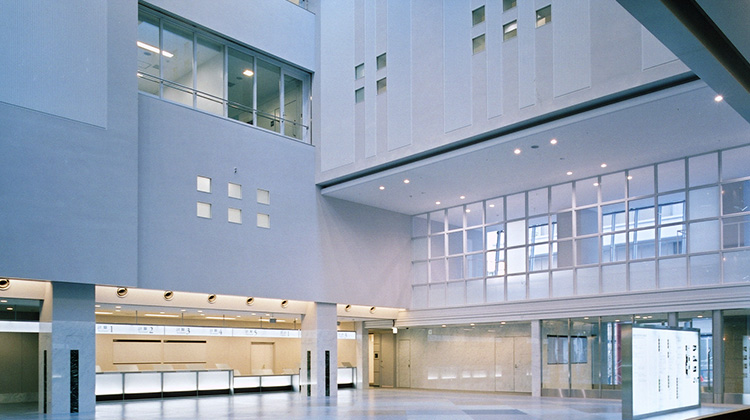Training Program
To all medical students and residents aiming to Neurosurgery
Our department accepts visitors at any time, and also holds hands-on training sessions and orientation sessions for new staff from time to time. If you are interested, please contact the head of the department.
【contact address】
Tokai University School of Medicine Neurosurgery Department, Secretariat
neurosurgery@tokai.ac.jp
Advanced Training Program
Neurosurgery covers emergency conditions such as stroke (cerebrovascular disease) and neurotrauma, which are considered to be national diseases, as well as brain tumors, functional disorders such as epilepsy, Parkinson's disease, trigeminal neuralgia, and facial spasms, pediatric disorders, and spinal, spinal, and peripheral nerve disorders. The mission of Neurosurgery is to contribute to the improvement of the health and welfare of the nation by possessing comprehensive and specialized knowledge and clinical skills in the prevention, diagnosis, emergency treatment, surgical and non-surgical treatment, and rehabilitation of these conditions, and by making accurate decisions to refer patients to other specialists as necessary.
In Neurosurgery specialty training, after initial clinical training, students are assigned to a specialty training program (hereinafter referred to as the "program") and undergo four or more years of prescribed training to acquire comprehensive and specialized knowledge and clinical skills in prevention, diagnosis, surgical and non-surgical treatment, rehabilitation, and emergency care for all diseases in the field of Neurosurgery.
Characteristics of our program
The distinctive features of our program are: 1) the abundance of emergency cases, along with cases typically referred to a university hospital, allows students to experience a wide range of cases, including both rare and common diseases; and 2) the opportunity to train in all Neurosurgery subspecialties at a university hospital. Our department prioritizes nurturing top-notch young Neurosurgery will lead the next generation by passing on a passion for life and skilled Neurosurgery techniques. Residents value this passion for life when providing medical care and treatment, and receive guidance from senior colleagues as surgeons and assistants in numerous and diverse surgeries. In addition to general neurosurgery education, the university hospital also has a wealth of specialists in each field, allowing students to participate in subspecialty conferences and receive instruction from preceptors with cutting-edge knowledge.
Training Institute Hospital
-
Tokai University Hospital
-
Tokai University School of Medicine Hachioji Hospital
Examples of training programs and career paths

A week's schedule for a resident doctor
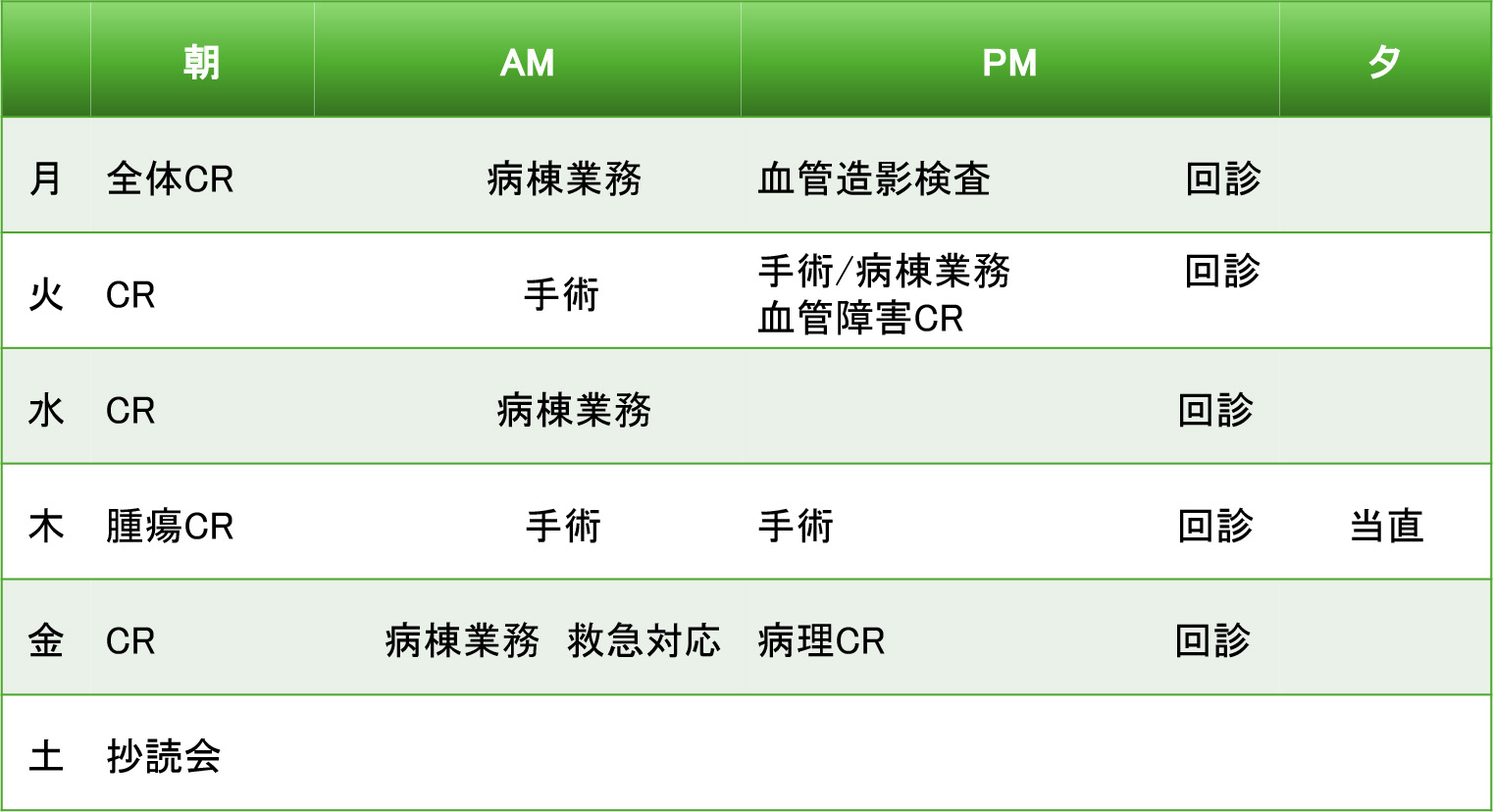
Research Core Hospital
This text is dummy. It is included to check the size, amount, spacing, and line spacing of the characters. This text is dummy. It is included to check the size, amount, spacing, and line spacing of the characters.
Voices of our seniors
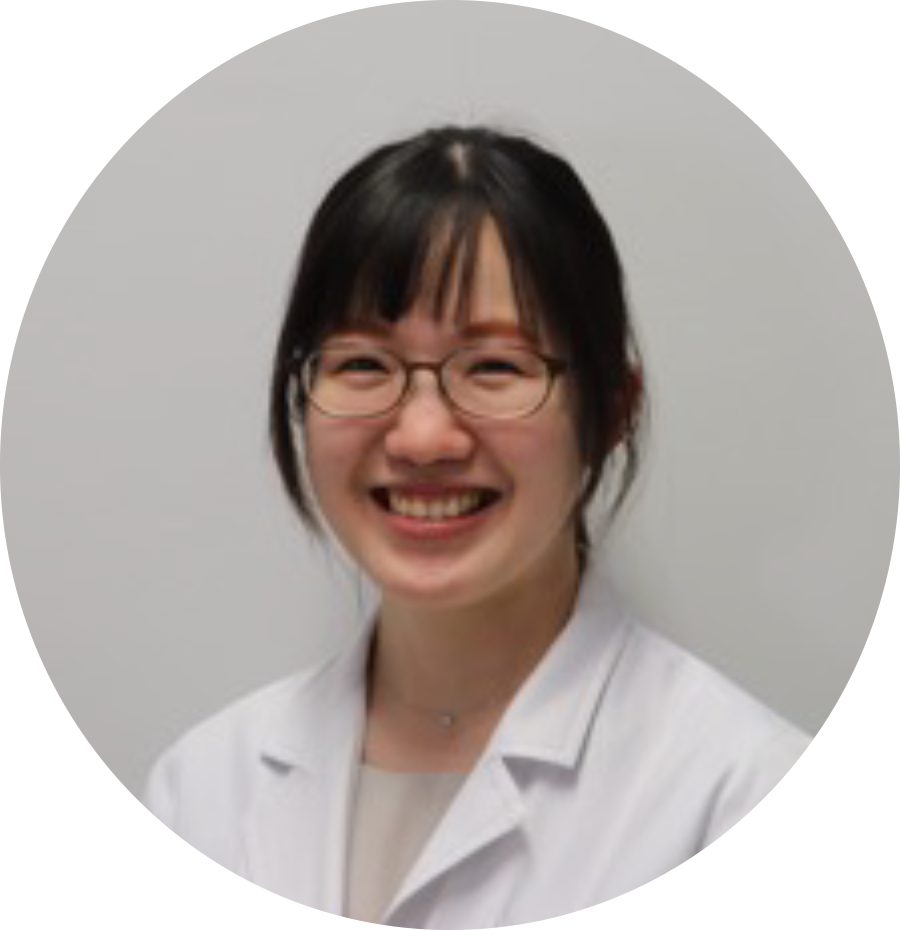
Professor Azusa Sunaga (Class of 2016)
Neurosurgery covers a wide range of fields, including vascular, tumor, functional, spinal, and pediatrics, and after joining the department, you will gain experience by rotating through each field every few months. If you wish to obtain a degree, most members enroll in graduate school upon joining the department and take a hybrid course to earn their degree during their residency while continuing their clinical career. After completing the four-year residency, you will aim to pass the Neurosurgery specialist examination.
Nationwide, the percentage of female neurosurgeons is low compared to other medical specialties, and I am often asked whether it is difficult for a woman to continue working as a neurosurgeon. While there are certainly difficult times due to the nature of the job, which involves a large number of emergency surgeries and seriously ill patients, I feel that it is not difficult just because I am a woman, as I receive support from those around me so that I can take time off. If you are interested in pursuing a career in neurosurgery, I encourage you to come and see the atmosphere of our department for yourself.
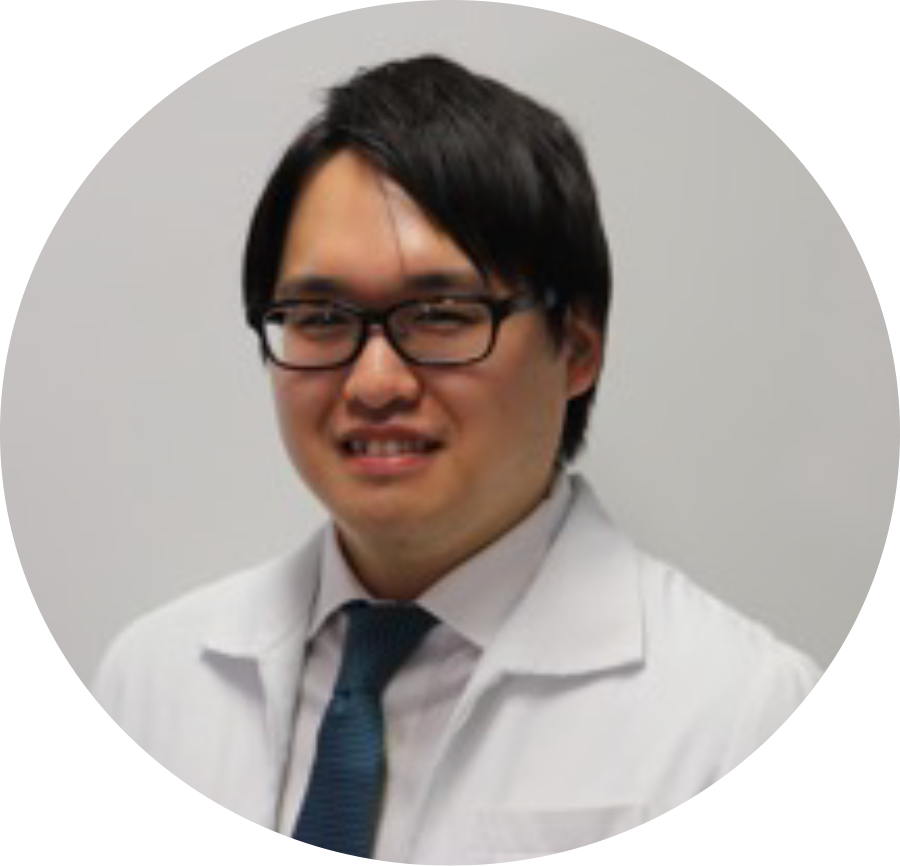
Professor Takuya Yonemochi (Class of 2017)
I completed my postgraduate training in Neurosurgery at Tokai University School of Medicine, and am currently engaged in clinical practice and research, specializing in malignant brain tumors. Tokai University is a key hospital in western Kanagawa Prefecture, with a large case volume and the opportunity to learn a wide range of cases, from general to highly specialized. In fiscal year 2024, we will perform a total of 556 surgeries, offering experience with a variety of cases, including cerebrovascular disorders, brain tumors, and trauma. We also offer an environment where it is easy to take annual paid leave and summer vacation, allowing for a work-life balance. Tokai University's postgraduate training program offers a hybrid course, allowing students to gain experience at our hospital and affiliated facilities while simultaneously earning a degree. After obtaining specialist certification, I will continue to engage in research activities in addition to my daily surgeries, and am currently participating in JCOG trials and multi-center collaborative research. I am working hard every day, aiming to disseminate new clinical trials from Tokai University in the future. I look forward to working with passionate students.
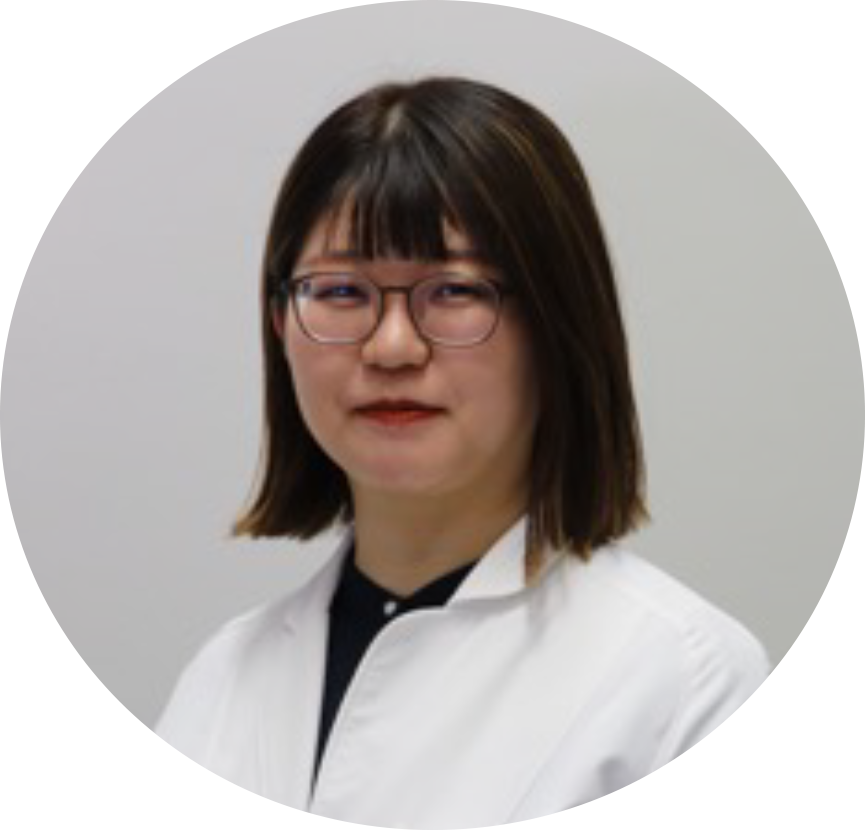
Ms. Mai Kanno (Class of 2021)
Neurosurgery is a field that requires delicate and advanced techniques, and I feel that it is an extremely rewarding department that allows me to seriously face life through daily practice. At our hospital, we have experience treating a wide range of conditions, from acute illnesses such as head trauma and cerebral hemorrhage to vascular disorders, brain tumors, and functional disorders. I decided to join Neurosurgery to broaden my own potential as a physician. Although I have only recently joined the department as a resident, I am receiving extensive training under the daily guidance of senior physicians. Our department provides an environment where patients can practice every day with the determination to provide better medical care, regardless of gender or age. Why not join us and become involved in medical care as Neurosurgery?


